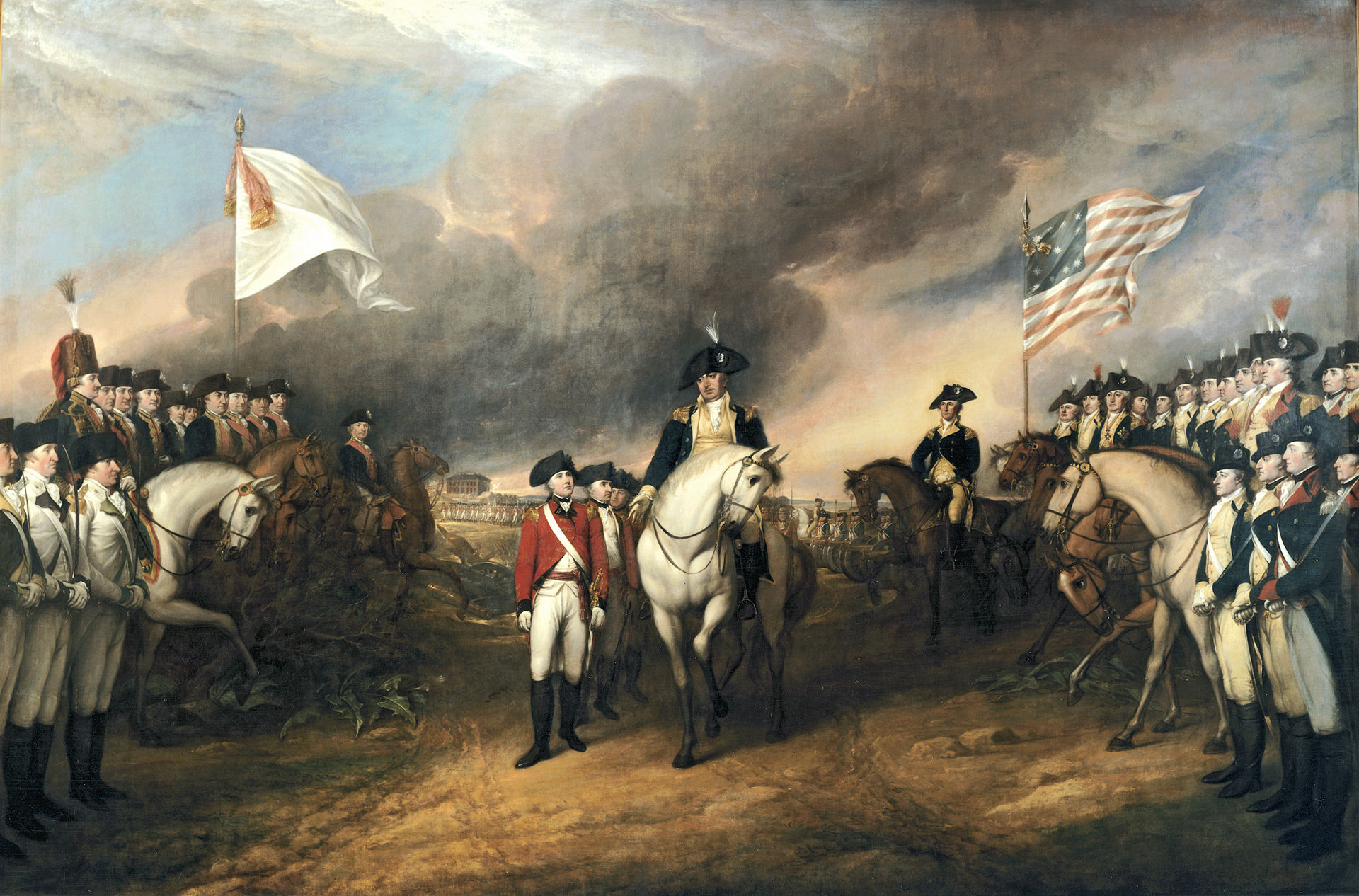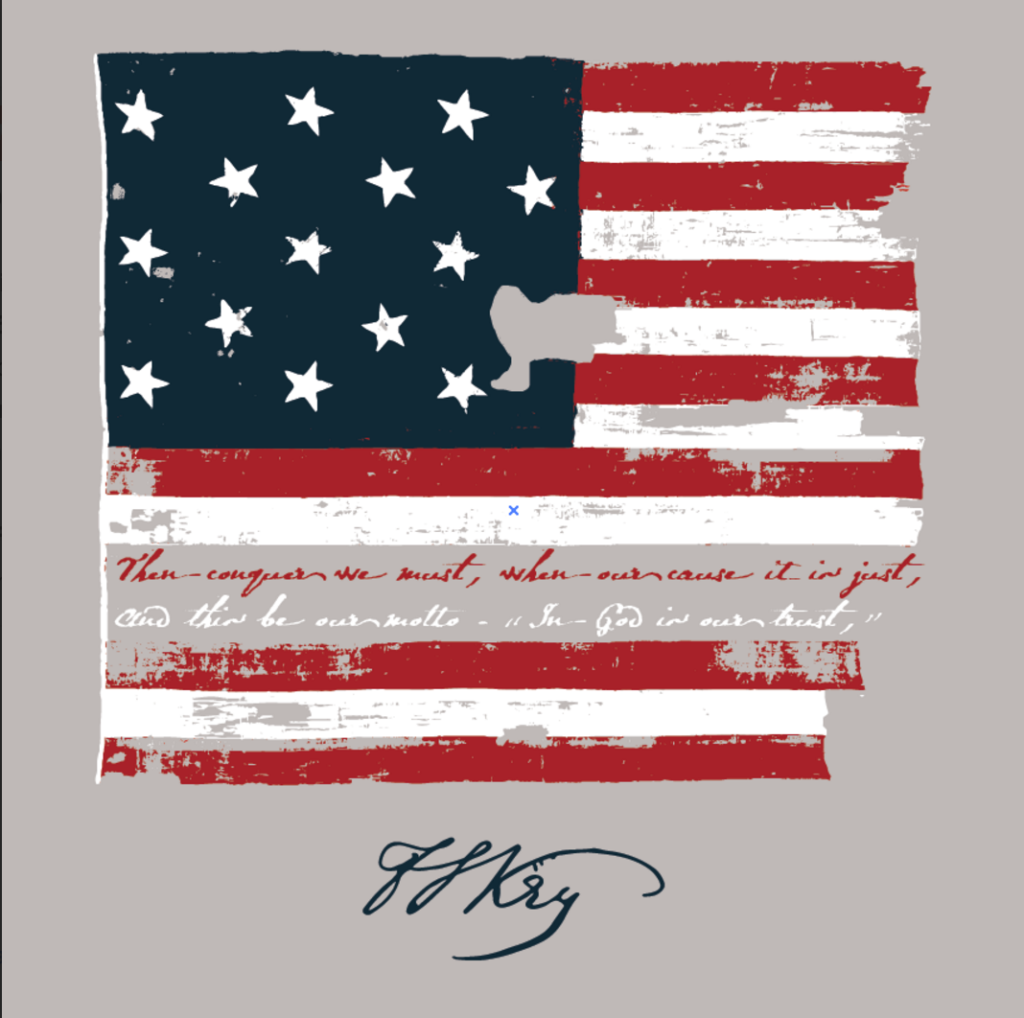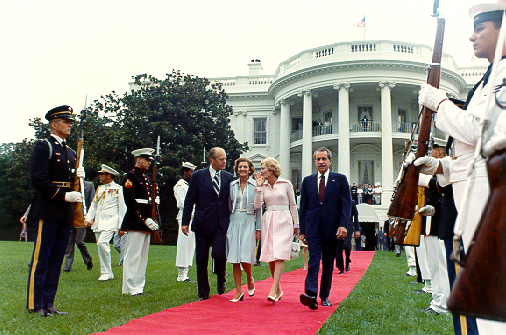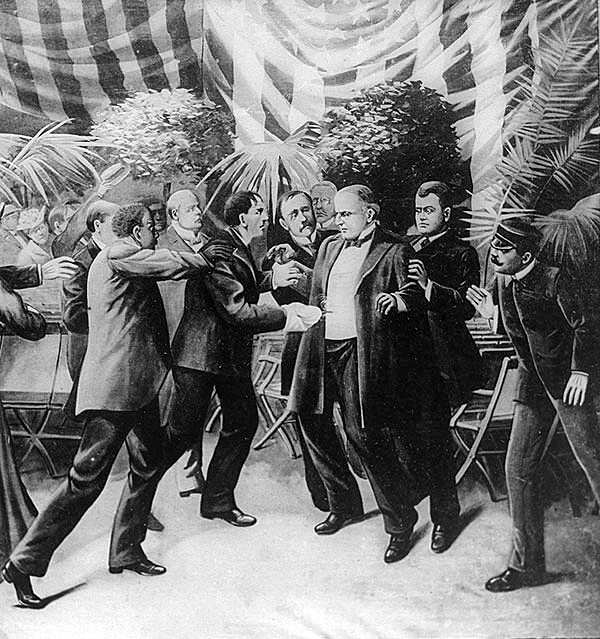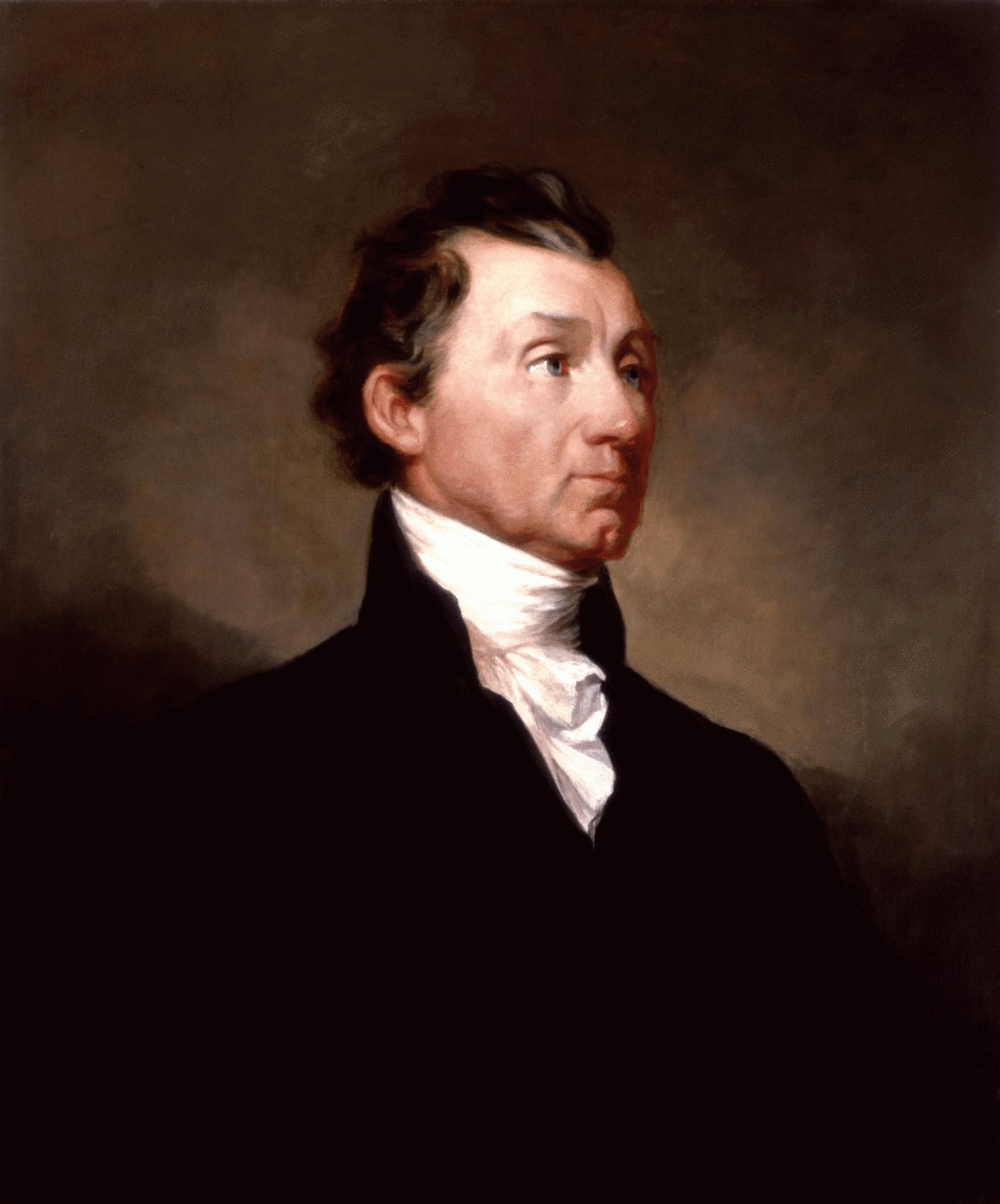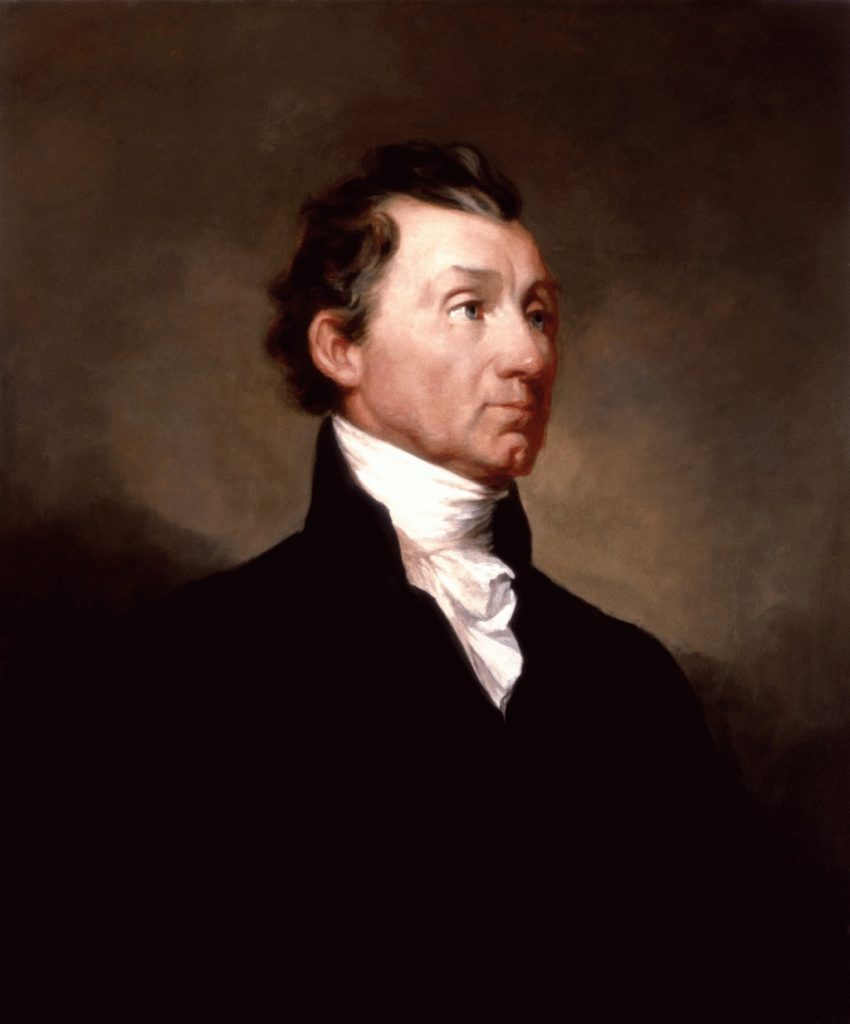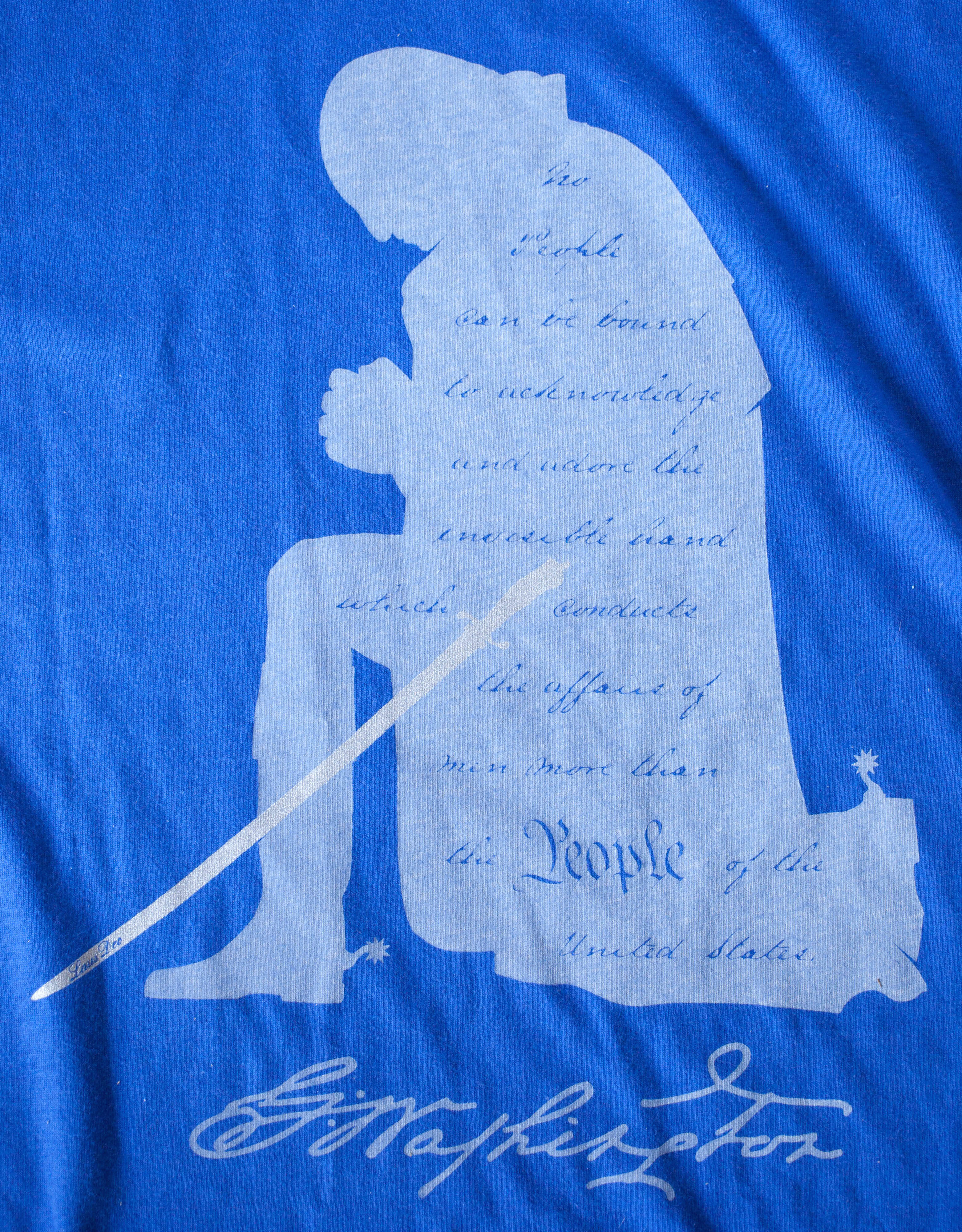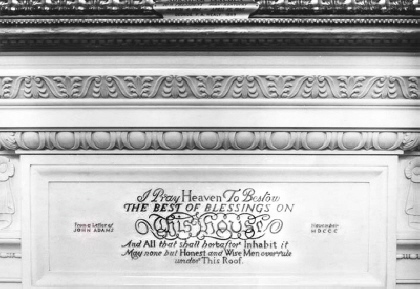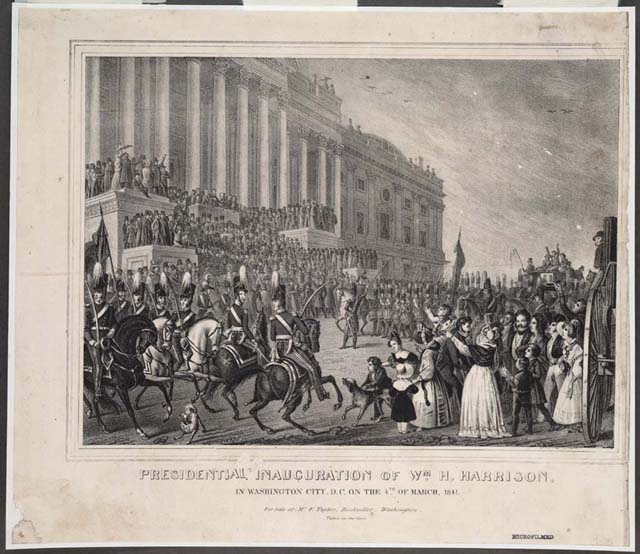On this day in 1781, General George Washington leads the final siege in the American colonies, known as the Battle of Yorktown.
It was perhaps the most important battle of the American Revolutionary War. In fact, it proved to be the final land battle, ending fighting in the colonies and in North America.
On October 17, following three weeks of non-stop, day-and-night bombardment, Lord Charles Cornwallis surrendered to General Washington.

As a result of the defeat, the British government began to negotiate an end to the war. Then, the Treaty of Paris was signed on September 3, 1783.
Finally, after eight long years of war, the United States was a free and independent nation.
“The Invisible Hand”
Sure, it’s plain to see that General Washington led a sizable combined force of Continental and French troops. Yes, he had the aid of key figures such as Alexander Hamilton, Rochambeau, de Grasse, Lafayette, and others.
Still, President Washington made his view perfectly clear in his Inaugural Address in 1789 that:
“No people can be bound to acknowledge and adore the invisible hand which conducts the affairs of men more than the People of the United States.”
He went on: “Every step, by which they have advanced to the character of an independent nation, seems to have been distinguished by some token of providential agency.”

Get your shirt, here:

